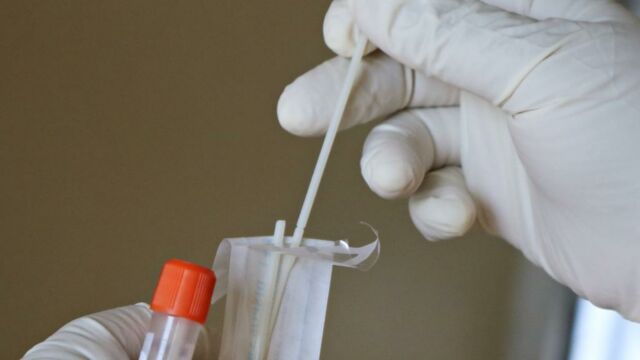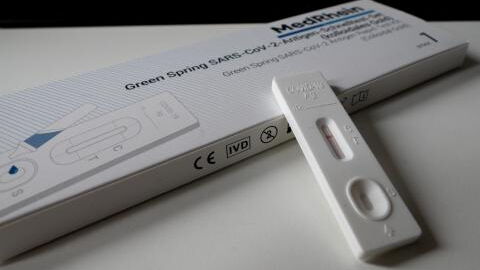Yes, you can get reinfected with COVID-19. Many people believe that if they've been infected with COVID-19 once, they won't catch it again. Unfortunately, scientists have proved the widespread myth wrong once and for all.
Discover our latest podcast
As a result, even those who have had COVID-19 should get vaccinated. There are several studies underway on how widespread such reinfections are and how exactly vaccinations may or may not cut the risk of people getting reinfected.
How common are reinfections?
There have been reports of reinfection all around the globe. Today, it is still uncertain how rare the possibility of getting reinfected with COVID-19 is. A British study conducted from June to December 2020 discovered that those who survived a COVID-19 infection had an 84 per cent lower chance of reinfection seven months later. Only 2 per cent of the trial participants who had previously tested positive for COVID-19 were infected again.
However, because of the virus' newness, it's difficult to say how long the protection will persist. If a person who has had COVID-19 is not vaccinated, they can expect to be reinfected between one and two years. The basic reason behind reinfection remains that our immunity is short-lived. As such, over time, it is possible that your immune system may not be able to fight back the diseases.
Vaccination is important
The advice comes after the uncertainty on how long natural immunity lasts, as well as indications that vaccines produce a more predictable immune response than spontaneous infection.
According to a study, unvaccinated people who have COVID-19 before were two times more likely to get reinfected. Further, they were also five times more likely to require hospitalisation and ventilator support as compared to others. Considering how the virus has been evolving and new variants, it is only wise to opt for vaccinations rather than risking our lives.















